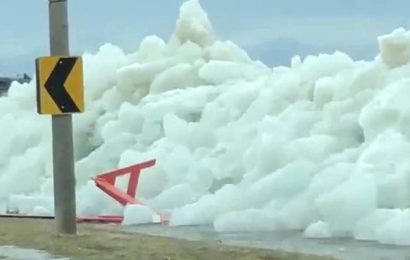Recently, plastic straws and plastic bags have been blamed as some of the biggest pollutants out there, but there’s another much more widespread
Cigarette butts are some of the most littered items in the world, they contain plastic filters made of cellulose acetate, a type of plastic that can take up to a decade to decompose.
Moreover, it seems tossing a cigarette butt is one of the most accepted forms of littering, but two-thirds of them are dumped on pavements or into gutters, from where they get carried to streams, rivers, and oceans via storm drains.
As a proof, 60 million cigarette stubs have been collected by volunteers of the Washington DC- based Ocean Conservancy’s global beach every year clean-ups since they started back in 1986.
However, in the strive to reduce single-use plastic items, the European Union intends to get a hold of the situation and to require the tobacco industry to fund the cleaning up of cigarette stubs.
It is known that tobacco smoke contains about 250 harmful chemicals, out of which at least 69 can cause cancer. The chemicals include heavy metals, arsenic, and polonium-210. Back in the 1950s, plastic filters were invented from the desire to reduce lung cancer in smokers’ lungs by blocking toxins, but later it was discovered that the blocked tar and nicotine were the ones satisfying to smokers. So companies kept the filters for marketing purposes but made them less effective in order to allow smokers to receive their hit of nicotine.
In some place of the world, fees are levied on cigarette packets to fund street cleaning, while in other places, littering cigarette butts gets you fined. However, the European Parliament agreed last year on a proposal to make EU countries remove 50% of plastic from cigarette filters by 2025, and 80% by 2030.
But EU countries finally rejected this and, instead, tobacco companies will be made responsible for funding awareness campaigns, provide public ashtrays and waste collection, and add labels to packs saying they contain environment-damaging plastic.
Source: cnn.com



